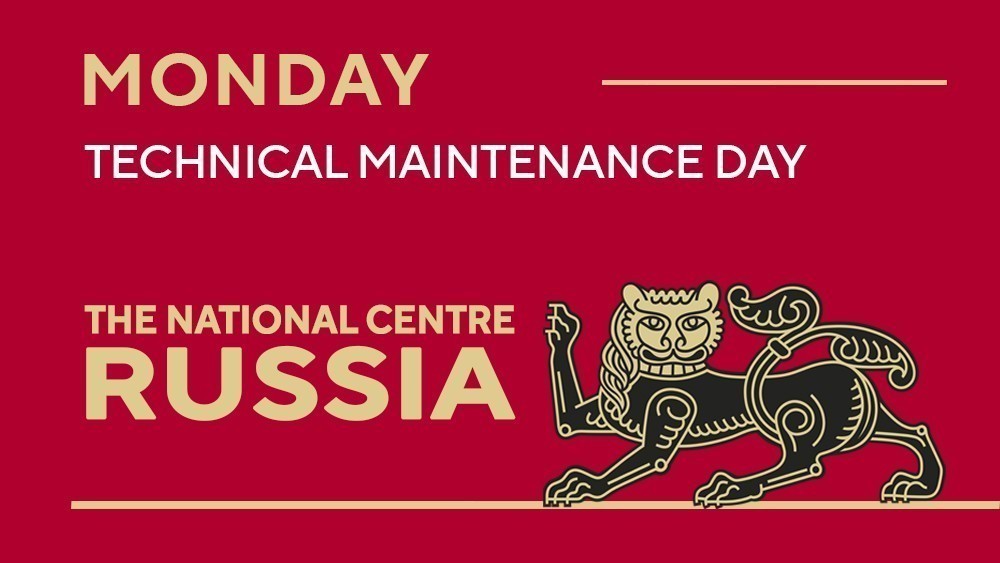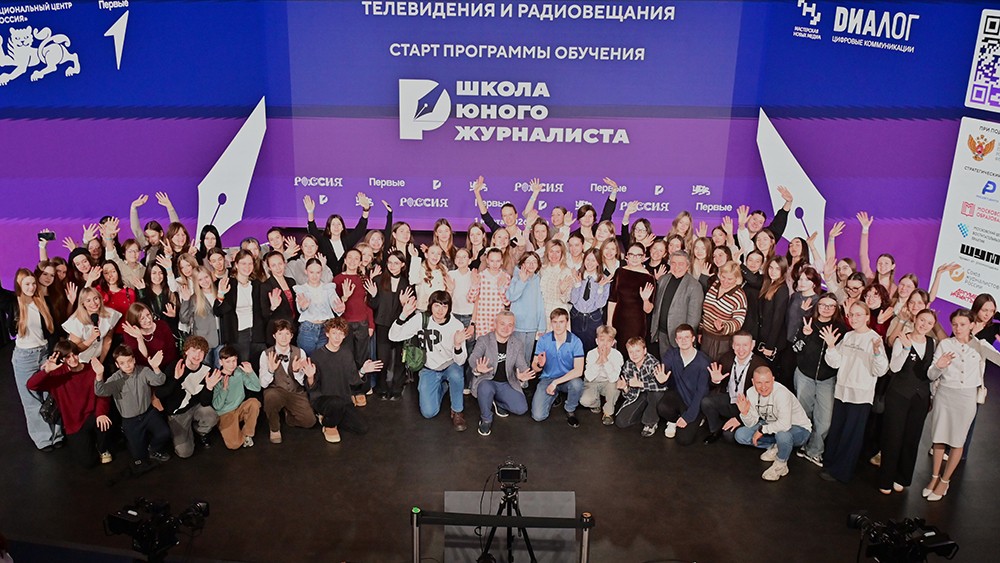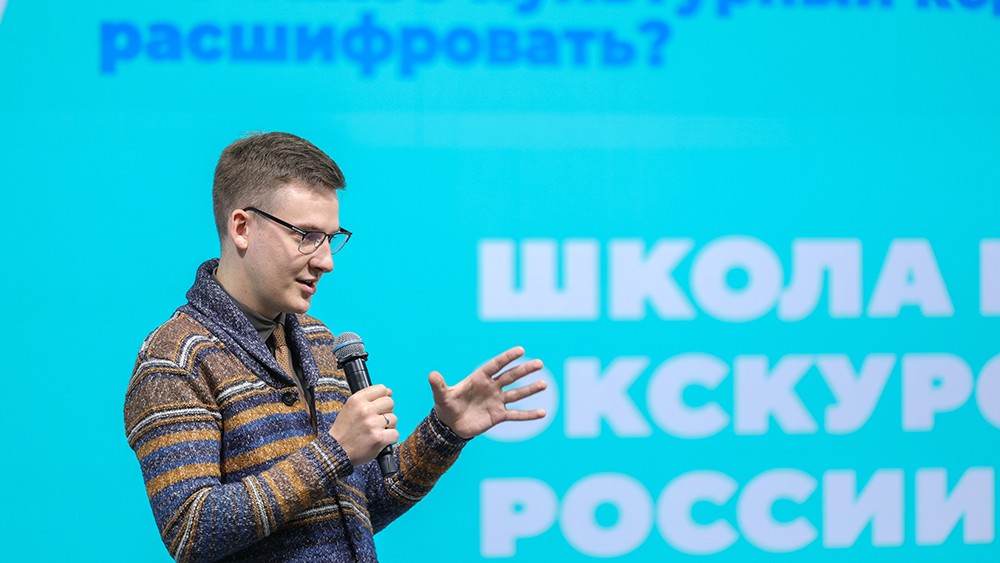Presentation of the "Austrian-German-Russian Associative Dictionary of Core Values" was held at the National Centre RUSSIA
The
"Austrian-German-Russian Associative Dictionary of Core Values" was
presented at the National Centre RUSSIA. This unique scientific work,
unparalleled in the world, is dedicated to the linguistic cultural formation of
different nations. Aide to the President of the Russian Federation Andrei
Fursenko officially donated the dictionary to the library of the National
Centre RUSSIA.
The materials
for the dictionary were collected through a large-scale associative experiment
conducted over several years in major Austrian cities such as Vienna, Salzburg,
Linz, and Klagenfurt, as well as in German cities like Berlin, Stuttgart,
Freiburg, and Vechta, and a number of large Russian cities. The latest data was
collected in 2024, confirming the dictionary's relevance and objectivity.
What makes
this project unique is its ability, unlike thesauri, explanatory, or bilingual
dictionaries, to showcase differences in the meanings of words representing
common values, as exemplified by Austrians and Germans.
The
creation of the "Austrian-German-Russian Associative Dictionary of Core
Values" became a significant collaborative project between the Moscow State
Linguistic University and the Public Forum "Sochi Dialogue." This
forum serves as a platform for establishing and developing direct connections
between representatives of civil society in Russia and Austria. During the
official presentation of the dictionary, Andrei Fursenko, Aide to the President
of the Russian Federation and Co-Chair of the Forum's Coordination Committee,
delivered a welcoming speech.
"Sochi
Dialogue continues to strengthen Russian-Austrian relations. This year, several
important events have taken place. One of the most significant results of our
work is presented here today at the National Centre RUSSIA. This is the
'Austrian-German-Russian Associative Dictionary,' which I am honored to present
as a contribution to the Centre's library," said Andrei Fursenko.
The Aide to the President of the Russian
Federation handed over the first edition of the dictionary to the Director
General of the National Centre RUSSIA, Natalia Virtuozova.
The event
was also attended by Konstantin Mogilevsky, Deputy Minister of Science and
Higher Education of Russia. He expressed confidence that the dictionary would
find its audience among students, enriching Austrian libraries at the Moscow
State Linguistic University, the Nizhny Novgorod campus of the National
Research University Higher School of Economics, and the Faculty of Philology at
Saint Petersburg State University.
"An
analysis of associative reactions of different peoples to the same words
demonstrates the absence of 'complete uniformity' between German and Austrian
cultures and their values. It also helps adjust the perceptions Russians,
Austrians, and Germans have of each other. This is particularly important for
improving the effectiveness of intercultural communication in today's complex
political realities," said Konstantin Mogilevsky.
According
to Irina Krayeva, Rector of the Moscow State Linguistic University (MSLU), the
role of the humanities cannot be underestimated in today’s world: both
technological progress and international technological collaboration require
humanitarian support, including linguistic expertise. This was affirmed by the
recent First Eurasian Congress of Linguists, which brought together 500
participants from 46 countries.
Nikolai
Fedoseyenkov, Director of the "Nauka" publishing house, also
highlighted the importance of international cooperation, particularly the
long-standing relationships between Russia, Austria, and Germany. These ties
date back to the era of the Rurik dynasty, continued through the times of Peter
the Great and Catherine the Great, and remain relevant today.
"Today,
we are witnessing a significant event—the publication of the
Austrian-German-Russian Associative Dictionary of Core Values. This is indeed
crucial, as the history of Russian-Austrian and Russian-German relations spans
many centuries. Professional connections in business, science, and culture
continue to unite experts, no matter the challenges," concluded Nikolai
Fedoseyenkov.
The
National Centre RUSSIA was established by order of the President of the Russian
Federation, Vladimir Putin, to preserve the legacy of the International RUSSIA
EXPO and to showcase the achievements of the country and its citizens on a
permanent basis. Federal government agencies, state companies, corporations,
and regions take part in the Centre’s work.
The
National Centre RUSSIA is located at 14 Krasnopresnenskaya Embankment, Moscow.
The Centre is open from 10:00 to 20:00 every day except Monday.






